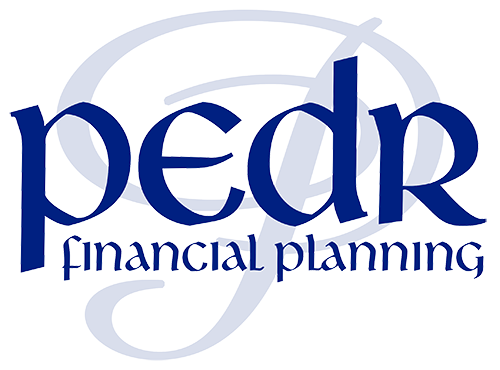Why do you need Business Insurance?
All businesses are exposed to risks in their day-to-day operations. Without business insurance cover to provide protection against some of these risks, businesses would find it difficult to operate efficiently and profitably.
Adequate business insurance is therefore not a luxury - it is an absolute necessity.
These days, many people are not afraid to seek compensation. No win, no fee advertisements encourage claims, and businesses need to protect themselves against liability claims that could run into millions of pounds. In addition, you could be held personally responsible and even face criminal charges if found negligent.
Some small businesses are also failing to insure themselves against potential legal action from employees.
Businesses sometimes insure tangible assets such as car fleets, machinery and buildings, in the same way as homeowners insure their houses and contents such as televisions, videos, etc. Businesses can also insure against losses arising from certain events.
With all the other expenses involved in setting up and operating a business, it might be tempting to buy the minimum insurance required by law - insurance against risks to third parties.
However, it makes sense to get adequate insurance to avoid the risk of losing it all.
There are many types of business insurance for small businesses to consider, some of which are compulsory and others that are advisable.
Find out what business insurance you are legally required to have as an owner and employer, and explore the various types, including employer's liability insurance and professional indemnity insurance.
Most UK commercial insurance companies have different types of products, depending on your trade. These fall into three main categories:
- Liabilities
- Property and buildings
- Business assets and equipment (contents cover)
Many insurers have developed package policies which are suited to a particular type of industry. They cover most of the main business groups, such as shops, restaurants, offices, hotels, pubs and surgeries. They include certain basic covers, such as for employer’s, public and products liability. You then add cover for contents, stock, computers, buildings, legal expenses and other covers to the package. These policies tend to be very competitive.
The most important thing to do is contact a professional adviser to discuss your needs.
Why do you need Business Insurance?
All businesses are exposed to risks in their day-to-day operations. Without business insurance cover to provide protection against some of these risks, businesses would find it difficult to operate efficiently and profitably.
Adequate business insurance is therefore not a luxury - it is an absolute necessity.
These days, many people are not afraid to seek compensation. No win, no fee advertisements encourage claims, and businesses need to protect themselves against liability claims that could run into millions of pounds. In addition, you could be held personally responsible and even face criminal charges if found negligent.
Some small businesses are also failing to insure themselves against potential legal action from employees.
Businesses sometimes insure tangible assets such as car fleets, machinery and buildings, in the same way as homeowners insure their houses and contents such as televisions, videos, etc. Businesses can also insure against losses arising from certain events.
With all the other expenses involved in setting up and operating a business, it might be tempting to buy the minimum insurance required by law - insurance against risks to third parties.
However, it makes sense to get adequate insurance to avoid the risk of losing it all.
There are many types of business insurance for small businesses to consider, some of which are compulsory and others that are advisable.
Find out what business insurance you are legally required to have as an owner and employer, and explore the various types, including employer's liability insurance and professional indemnity insurance.
Most UK commercial insurance companies have different types of products, depending on your trade. These fall into three main categories:
- Liabilities
- Property and buildings
- Business assets and equipment (contents cover)
Many insurers have developed package policies which are suited to a particular type of industry. They cover most of the main business groups, such as shops, restaurants, offices, hotels, pubs and surgeries. They include certain basic covers, such as for employer’s, public and products liability. You then add cover for contents, stock, computers, buildings, legal expenses and other covers to the package. These policies tend to be very competitive.
The most important thing to do is contact a professional adviser to discuss your needs.
Read less







